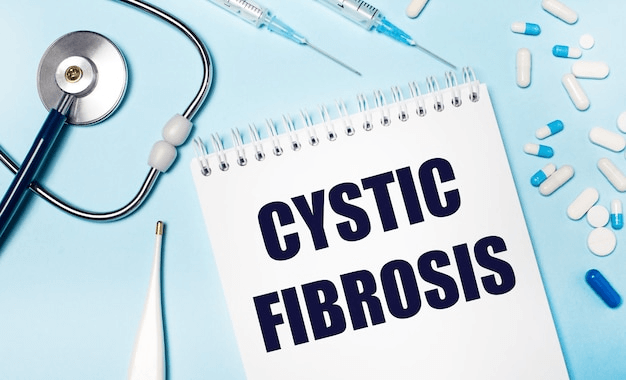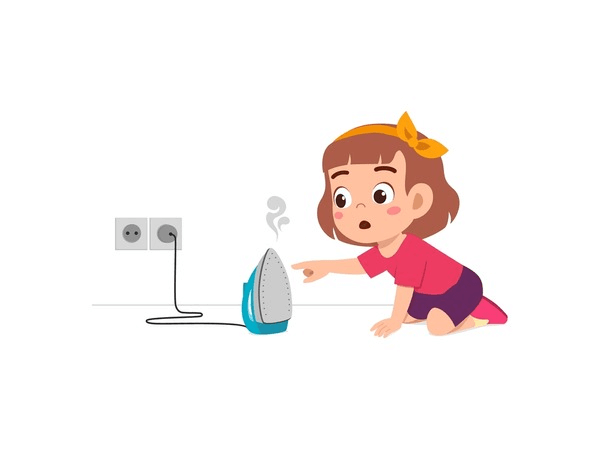Understanding Cystic Fibrosis in Children: A Comprehensive Guide

What is Cystic Fibrosis?
Cystic fibrosis is a rare genetic disorder that primarily affects the lungs and digestive system. It is an inherited condition, meaning it is passed from parents to children through genes. This condition is relatively rare, affecting approximately 1 in 2,500 babies in the UK. Cystic fibrosis is caused by a mutation in the gene responsible for regulating the movement of salt in and out of cells. This leads to the production of thick, sticky mucus that can clog the airways and obstruct the digestive system.
Genetic Background
Cystic fibrosis is a recessive genetic condition, meaning both parents must carry a copy of the faulty gene for a child to be affected. About 1 in 25 people in the UK are carriers of the cystic fibrosis gene, often without knowing it. When two carriers have a child, there is a 25% chance that their baby will have cystic fibrosis.
Effects and Symptoms of Cystic Fibrosis
The thick mucus produced in cystic fibrosis can lead to a variety of health issues:
Respiratory Problems
- Frequent Lung Infections: The mucus traps bacteria in the lungs, making it difficult for individuals with cystic fibrosis to clear infections.
- Breathing Difficulties: The buildup of mucus can block airways, leading to persistent coughing and wheezing.
- Lung Damage: Repeated infections can cause long-term damage to the lungs.
Also read: Understanding Baby Colic: Symptoms, Duration, and Soothing Techniques
Digestive Issues
- Pancreatic Blockages: Mucus can clog the pancreas, preventing it from releasing digestive enzymes needed for food digestion.
- Nutritional Deficiencies: Difficulty digesting food can lead to poor growth and weight gain in children.
- Increased Caloric Needs: Children with cystic fibrosis often require a higher calorie intake to maintain a healthy weight.
Diagnosis of Cystic Fibrosis
Early detection of cystic fibrosis is crucial for effective management. In the UK, newborn screening includes a test for cystic fibrosis as part of routine checks. This test involves taking a few drops of blood from a baby’s heel to screen for cystic fibrosis and other genetic conditions.
If cystic fibrosis is suspected, a sweat test may be conducted. This test measures the salt content in a baby’s sweat; high levels of salt indicate cystic fibrosis. Newborns with cystic fibrosis may also experience difficulty passing meconium, the first stool, due to a condition called meconium ileus, which may require surgical intervention.
Treatment and Management of Cystic Fibrosis
While there is no cure for cystic fibrosis, specialized medical care can significantly improve the quality of life for those affected. A multidisciplinary approach is essential for managing the condition:
Medical Team
- Consultant Doctor: An expert in cystic fibrosis who oversees treatment.
- Specialist Nurse: Provides ongoing care and support.
- Physiotherapist: Assists with lung clearance techniques.
- Dietitian: Advises on nutritional needs and enzyme supplements.
Regular Treatments
- Physiotherapy: Daily chest physiotherapy helps clear mucus from the lungs.
- Exercise: Physical activity strengthens the lungs and improves overall health.
- Diet and Supplements: A high-calorie diet with enzyme supplements aids digestion.
- Medication: Includes antibiotics to prevent infections and medications to thin mucus.
Outlook and Support
With advancements in treatment, many children with cystic fibrosis lead active, fulfilling lives. Regular medical appointments and hospital visits may be necessary, but a positive outlook can greatly benefit the child’s well-being. As children with cystic fibrosis grow, they will need to learn to manage their condition independently, transitioning from pediatric to adult care.
Support Resources
Several organizations provide support for families affected by cystic fibrosis:
- Cystic Fibrosis Trust: Offers resources, support, and a helpline at 0300 373 1000.
- Contact: Connects parents of children with cystic fibrosis through a helpline at 0808 808 3555.
Conclusion
Cystic fibrosis is a challenging condition, but with proper care and support, individuals can lead productive lives. Advances in medical research continue to improve the prospects for those affected, providing hope for better treatments and outcomes in the future.
Also read: What to Do When Your Baby’s Crying for No Reason?





